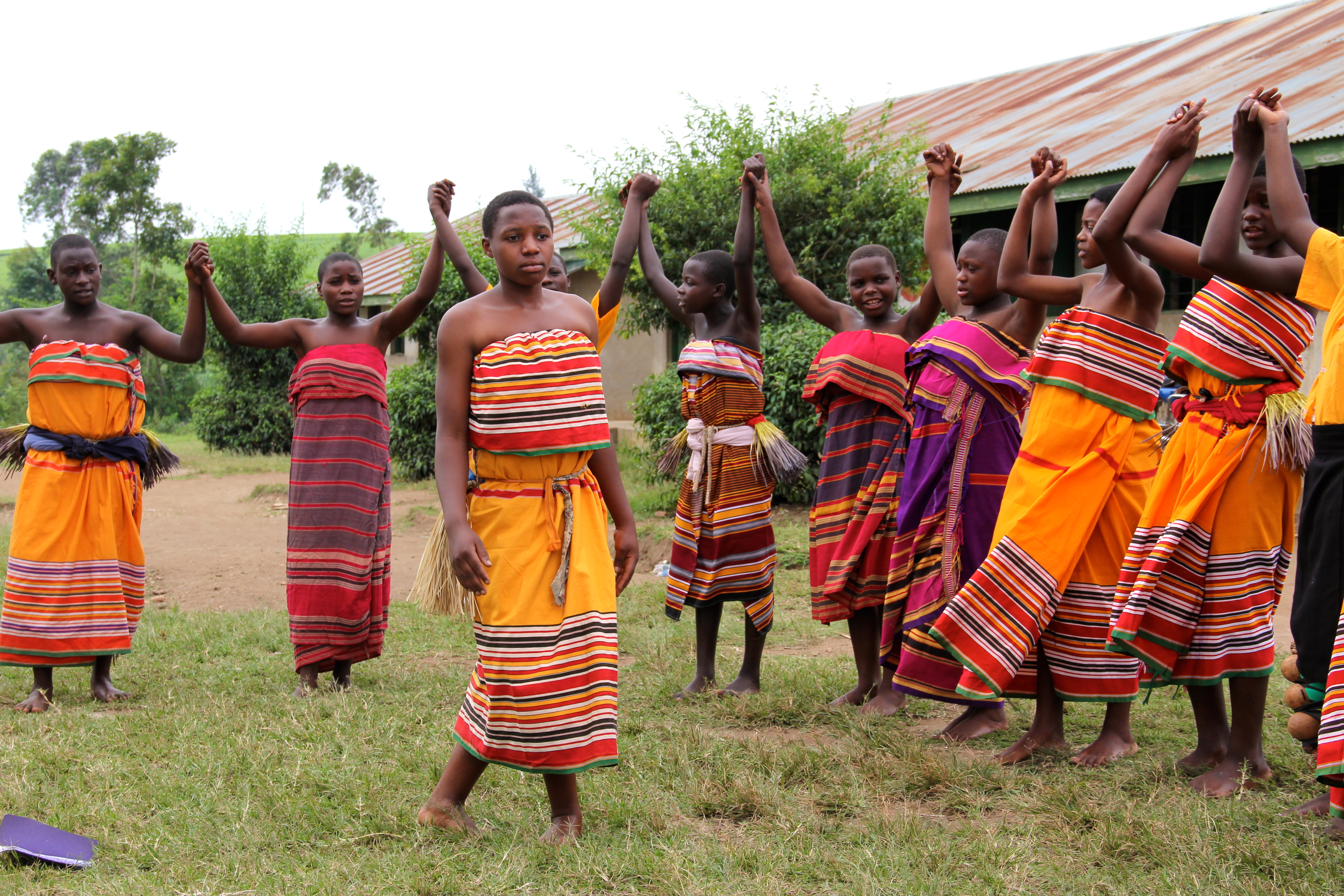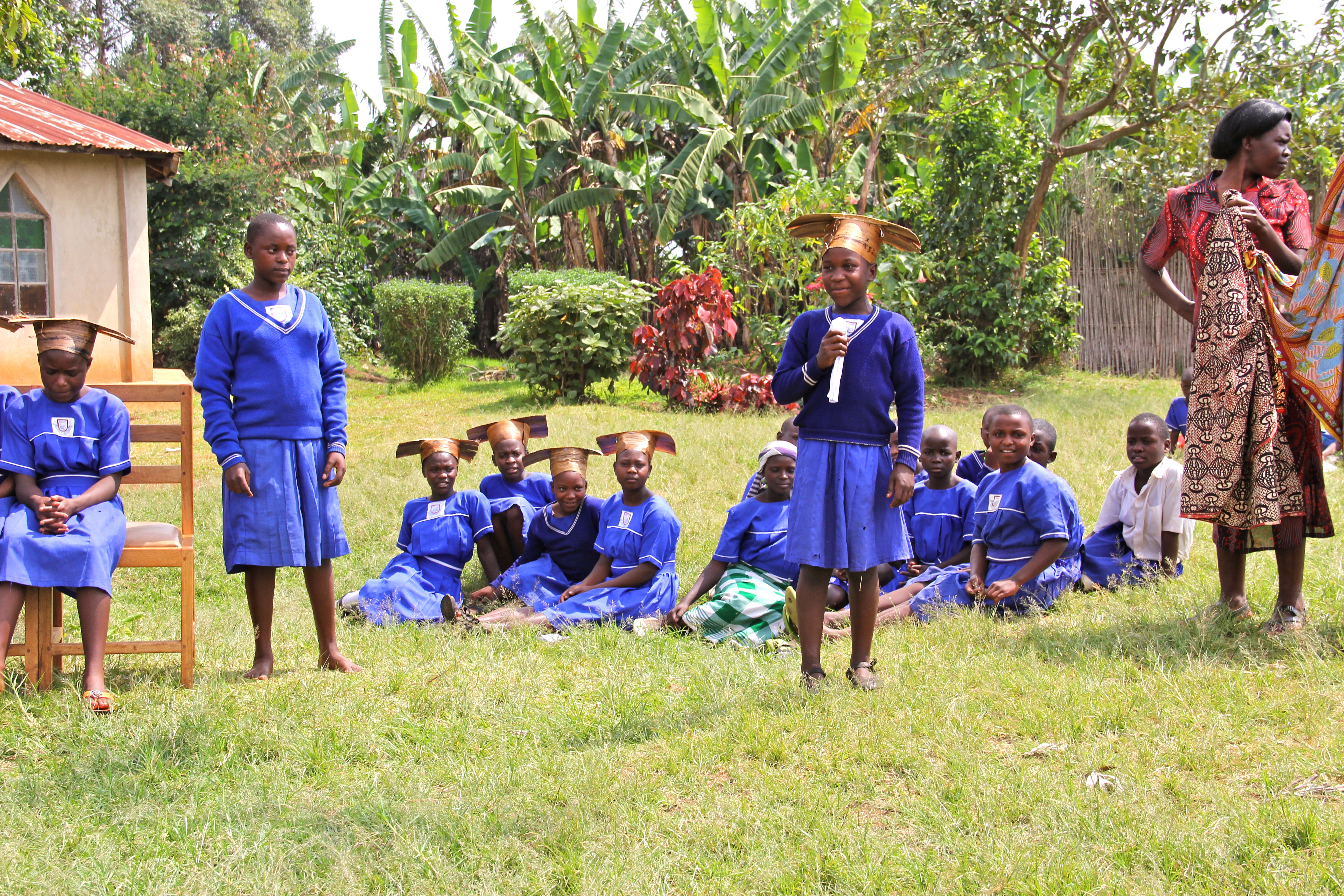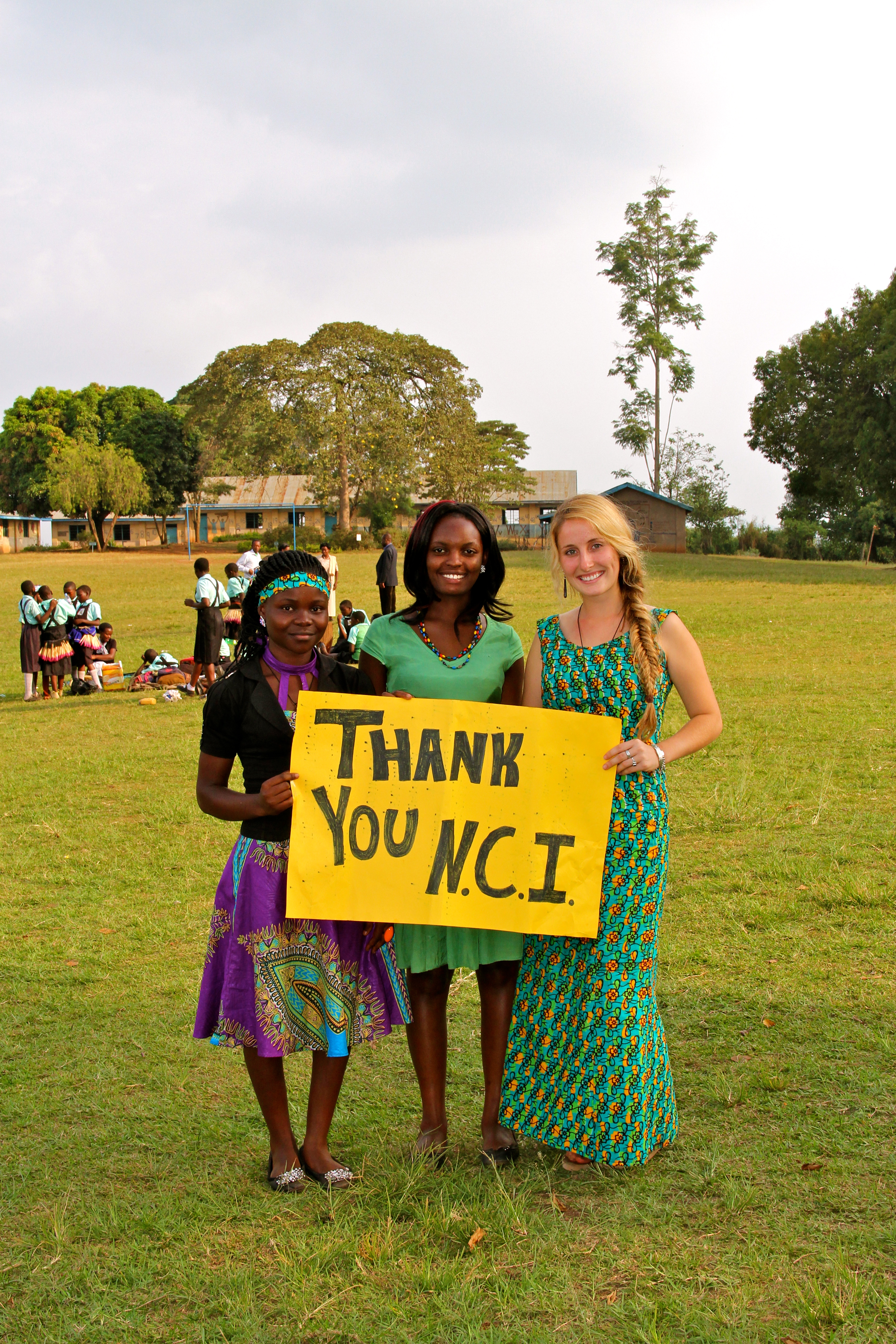After 7 weeks in Uganda, I am back in the United States trying to digest everything that happened this summer. This experience challenged me in so many different ways; academically, socially, culturally and even physically. It is a bit overwhelming to try and synthesize everything while readjusting to life in America. I have learned so much in the past two months, and above all else I have learned that there will ALWAYS be more to learn.
Going in to the summer, I knew that working in a girl’s health education program in Uganda would teach me so much about gender inequalities and how they vary based on different cultural contexts. And of course, it did. The girls I worked with this summer were only about 12-15 years old. These young girls had to face challenges that I couldn’t imagine dealing with in my entire life. In their essays on early pregnancy they talked about how many young girls would become pregnant after getting raped, and then be chased out of their homes for bringing shame to their families. In our discussion of why it is often harder for girls to finish primary school than it is for boys, many of them said that when parents can’t pay for all their children’s school fees they will pay for the boys to go to school, while the girls will have to stay home. Others said that if one or both of a girl’s parents die, she will have to take care of her younger siblings, cook, clean, and basically head the household, so she would not be able to go to school. These are just a few of the dozens of challenges girls face in completing their education, and even though I was aware of many of these issues, it was so emotionally difficult to discuss them these girls.
What I didn’t really expect was how much I would learn about the role of gender in the field of global health. I plan to work in global public health, which means that in my early career that will spend a lot of time outside of the US. This summer made me realize that each new country I work in will mean getting accustomed to a new set of gender-related issues, stereotypes and expectations that are at play in the field and in the workplace. Whether you’re from Massachusetts, Louisiana or Fort Portal, Uganda, you grow up learning to treat men and women in a very specific way. While there are certain rights that should be universally respected, the way that genders interact in everyday life is much less black and white. While these differences can be incredibly frustrating at times, it is important to remember that the only way to change these attitudes is by setting a good example of what a powerful woman looks like, and understanding that it will take time for attitudes towards genders to change.
My biggest piece of advice I would give to other students interested in interning with the Kasiisi Project, or in any non-profit in the developing world, is that you need to be incredibly flexible and incredibly patient. Meetings are less likely to go as planned if you don’t have reliable power. Events are less likely to start on time if you have a much less reliable transportation system. People are less likely to show up to everything they say they will if there are much higher rates of illnesses that would prevent them from doing so (while a sick day in the US could me the snuffles, a sick day in Uganda could mean malaria). There are so many more obstacles to deal with when you are working in a developing nation. It is important to set high goals, but it is also important to be patient with the fact that things will not get done as quickly as you want them too, or as quickly as they would in the United States.
I really enjoyed working with the women’s health program of the Kasiisi Project and I do plan to continue supporting this organization however I can. I am the president of Tulane International Society and I have been discussing a potential collaboration between Kasiisi and TIS with other exec board members. The goal of TIS is to bring awareness of international issues to Tulane’s campus, and because we are a Newcomb organization, we generally focus on women’s issues around the world. Whether through fundraising or even just presenting on the organization, I hope that TIS members will be interested in promoting this organization. The goals of these two organizations are so complimentary, and I think this collaboration would be beneficial for both.
Overall, I benefitted from this experience in a thousand different ways, many of which I didn’t really expect. From helping me cement my career goals, to making me more confident travelling alone in Africa, to allowing me to make connections with people in my field from all over the world, this summer has definitely moved me forward along my career path. I am so lucky to have had the opportunity to do something like this, and so grateful for the Newcomb College Institute for making it possible! Newcomb has been such a supportive resource during my first two years at Tulane, and I am excited to continue to be an active member of the Newcomb community for my next two years. Thank you Newcomb, thank you Kasiisi, and thank you to whoever is reading!



